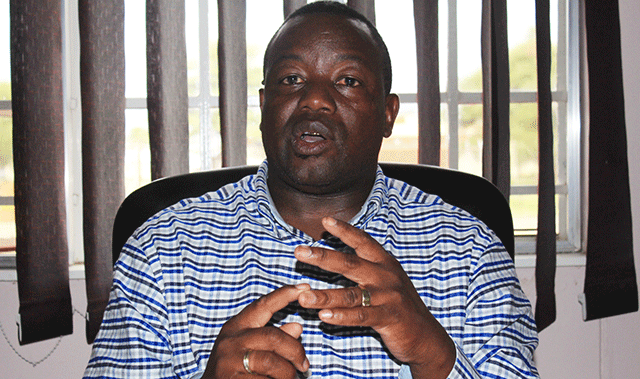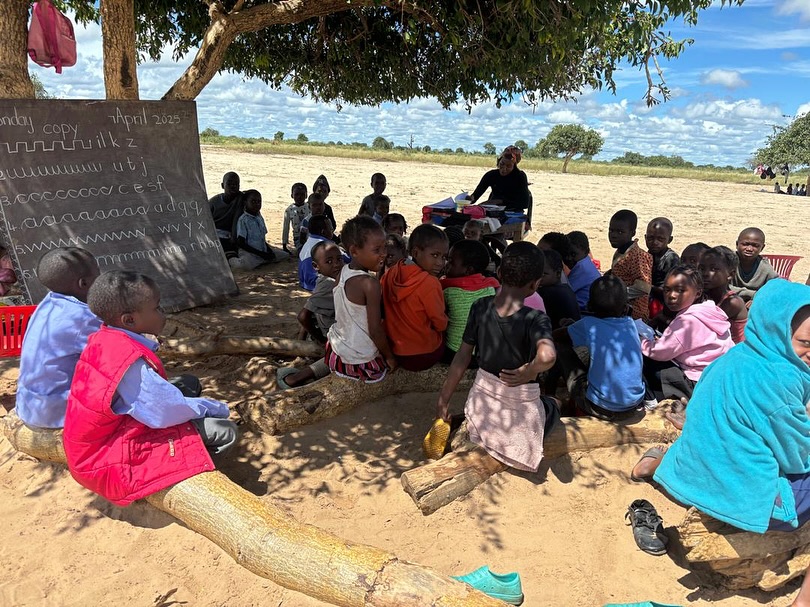Namibia University of Science and Technology (Nust) vice chancellor Erold Naomab has secured an international patent for a new building material with the potential to reduce the cost of housing in Namibia.
The research was conducted by researchers in Namibia and Germany.
It relates to a method of producing a composite material with an alkaline binder made from alkali silicate water glass, an organic gel former, silica particle and a biological carrier.
“The new nanocomposite construction derivatives are stronger than cement-based products, but are expected to be cheaper. All the raw materials are naturally abundant in Namibia, says Naomab.
“The new Namibia-based materials have met the European Union (EU) regulations and standards for use as construction materials. It took close to 10 years from basic science research through to prototype and intellectual property protection,” he says.
According to a statement sent to The Namibian by Nust spokesperson John Haufiku, the invention has implications for construction, low-cost housing, safety and environmental sustainability.
“The method of manufacturing the weather-resistant, flame-retardant composite material is now available for local and global investors. This new Namibian invention has the potential to lower the cost of constructing houses, leading to an improved quality of life for many in the country.
“The licensing agreement is facilitated by the world-renowned Leibniz Institute for New Materials based in Germany,” he said, adding that the manufacturing materials have met EU importation standards.
“The invention is currently conferred protection under the German patent law. The patent is being awarded at a time when Namibia is struggling with a housing crisis that has seen the proliferation of shanty towns.”
The Namibian reported in 2019 that data from the Shack Dwellers Federation of Namibia for 2018 showed that 995 000 people lived in shacks in urban centres of the country. This number would be significantly higher today.
Stay informed with The Namibian – your source for credible journalism. Get in-depth reporting and opinions for
only N$85 a month. Invest in journalism, invest in democracy –
Subscribe Now!










